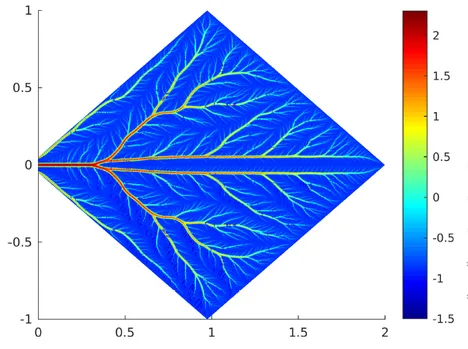Proposed in 1781 as a mathematical problem by the French mathematician Gaspard Monge, optimal transportation has been at a renewed focus of the scientific community in the last two decades and seen an enormous development. Striking connections to a number of mathematical fields have been established ranging from probability and economics to partial differential equations and Riemannian geometry, where optimal transport is used as a powerful and versatile tool.
This exploration led to the understanding that many phenomena in nature, society, and technology are actually realizing economical principles of optimal transport, e.g., of interacting agents, physical particles or more abstract information.
Stimulated by the collaboration of Prof. Giuseppe Savaré (Univ. Pavia, Italy), vigorous and prominent European scientist in the field, we are developing a three-year research program at TUM-IAS, which embraces classical topics of mathematical optimal transport, its new theoretical challenges, and opens up within TUM to innovative real-life problems in the natural sciences, technology, and society. Within the vast landscape of optimal transport, we will focus on optimal transport on non-smooth structure and more general concepts of optimal transport, e.g., along rate independent evolutions, and mean-field models, mean-field games, and inverse optimal transport. In view of the common ground in the theory of optimal transport, we expect that collaborative research arises naturally at various corners.
In particular, we can foresee potential interactions and breakthroughs where optimal transport, mean-field optimal control, and mean-field games are defined over non-smooth structures (e.g., possibly evolving networks), leading to the necessity of clarifying the interplay between dynamics, topology, and geometry.
This research program aims at realizing one of the most relevant scientific activities in the mathematical theory of optimal transport for the next years in Europe.
